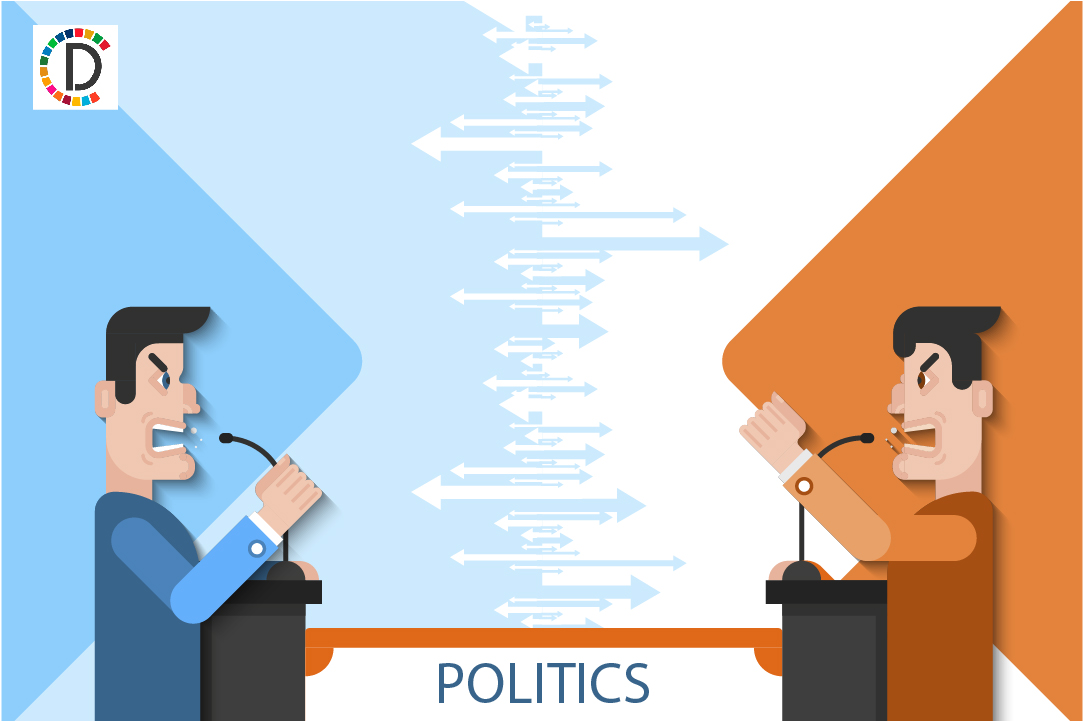South Africa Awaits Unity Government Decision Amid Political Uncertainty
The African National Congress (ANC) is in last-minute talks with other parties to form South Africa's next government as newly elected lawmakers prepare to convene. President Cyril Ramaphosa is expected to secure another term. Talks include potential cooperation with the Democratic Alliance and other parties amid concerns of political instability.

The African National Congress (ANC) was holding last-minute talks with other parties on Thursday to thrash out a deal on who will be included in South Africa's next government in time for the convening of the newly elected parliament on Friday. The ANC, a former liberation movement that has been in power since the end of apartheid 30 years ago, lost its majority in a May 29 election that tipped the country into a state of political uncertainty unseen in the democratic era.
Lawmakers are scheduled to convene on Friday in Cape Town to elect their speaker, deputy speaker and the country's president -- putting pressure on the ANC and other parties to decide who will govern. The parties were likely to announce their decision on Thursday evening. President Cyril Ramaphosa is expected to win a new term in office, but the composition of the new government remains unclear.
In the Cape Sun hotel, ANC leaders met to discuss their plans. Asked by a Reuters reporter whether he was optimistic about the outcome of talks, a smiling Ramaphosa drew his fingers across his lips in signal of staying silent. The ANC said last week it favoured a broad-based government of national unity and was talking to parties ranging from the white-led, pro-business Democratic Alliance (DA) to its polar opposite, the hard-left Economic Freedom Fighters (EFF).
The clearest indication to date of who might have a seat at the table came from the Inkatha Freedom Party (IFP), which said on Wednesday it was prepared to join the ANC and DA in a governing alliance. However, neither of those parties has confirmed that they had agreed to govern together. The ANC remains the largest party, having won 159 out of 400 seats in the National Assembly. The DA is its nearest rival, with 87 seats, while the populist uMkhonto we Sizwe (MK) party led by former President Jacob Zuma has 58.
The EFF, led by former ANC youth leader Julius Malema, came fourth, winning 39 seats, and the IFP fifth with 17. If confirmed, a government involving the DA would be welcomed by big business and financial markets, which approve of its free-market policies.
However, it would be unpopular with many ANC supporters who see the DA as a defender of the interests of the privileged white minority - a toxic issue in a country still processing the legacy of the racist colonial and apartheid eras. A government including the DA would also preclude support from the EFF, as Malema's party and the DA are sworn enemies.
"We have made it very clear to the president that we are not against the government of national unity; we are against the inclusion of the DA and the (far-right) Freedom Front Plus," Malema told journalists in Cape Town. "The DA is our enemy," he said.
For its part the DA has ruled out joining a government with the EFF, whose policies include seizing white-owned land and nationalising banks and mines. Analysts say the inclusion of the IFP, a socially conservative party with an ethnic Zulu base, could help the ANC leadership by sweetening the DA pill for its grassroots supporters.
WHAT WILL MK DO? The ANC's governing body, the National Executive Committee, was scheduled to meet in Cape Town between 4:30 and 7:00 p.m. (1430-1700 GMT) to consider the result of negotiations with other parties and make decisions. The ANC was expected to brief reporters afterwards.
One major element of uncertainty is the attitude of Zuma's party, MK, which came a surprisingly strong third in the election but has nevertheless alleged vote-rigging took place and has threatened to boycott the new parliament. MK applied to the Constitutional Court to stop parliament from convening on the grounds that the election was not free and fair, but the court dismissed its application on Wednesday, saying it was without merit.
The ANC and other parties have said they made overtures to MK but it was not receptive, so barring a dramatic reversal the party is not expected to form part of the national government. However, MK's commanding position in Zuma's home province, populous KwaZulu-Natal, means it cannot be ignored.
MK won 45.4% of the provincial vote in KwaZulu-Natal, where the economically important ports of Durban and Richard's Bay are located, trouncing the IFP, which got 18.1%, and the ANC which came third with 17.0%. (Additional reporting by Nellie Peyton, Tannur Anders, Bhargav Acharya and Alexander Winning Writing by Estelle Shirbon Editing by Tim Cocks and Frances Kerry)
(This story has not been edited by Devdiscourse staff and is auto-generated from a syndicated feed.)
ALSO READ
Kerala minister denied permission to visit Kuwait for fire relief efforts
UN Women and Global Partners Launch Alliance to Address Gender Inequality in Ukraine's Recovery Efforts
Heroic Coordination: External Affairs Ministry's Stellar Efforts in Kuwait Fire Tragedy
"Unfortunate, intended to coordinate efforts...": Kerala Minister K Rajan after State's Health Minister denied permission to visit Kuwait
WMO Amplifies Efforts to Monitor and Mitigate Cryosphere Changes Amid Climate Impact










